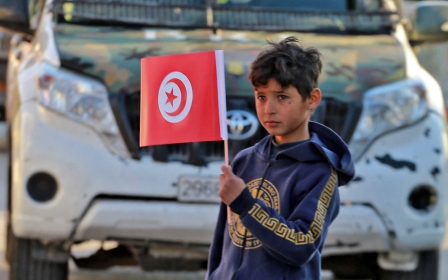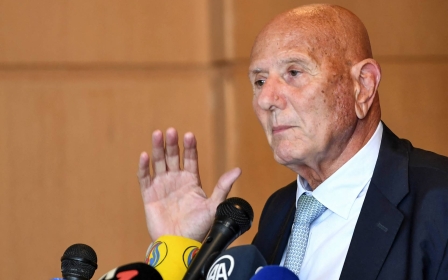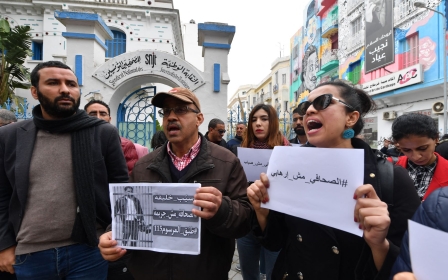Tunisia: President Saied blames opposition for fires amid fears of crackdown on rival parties
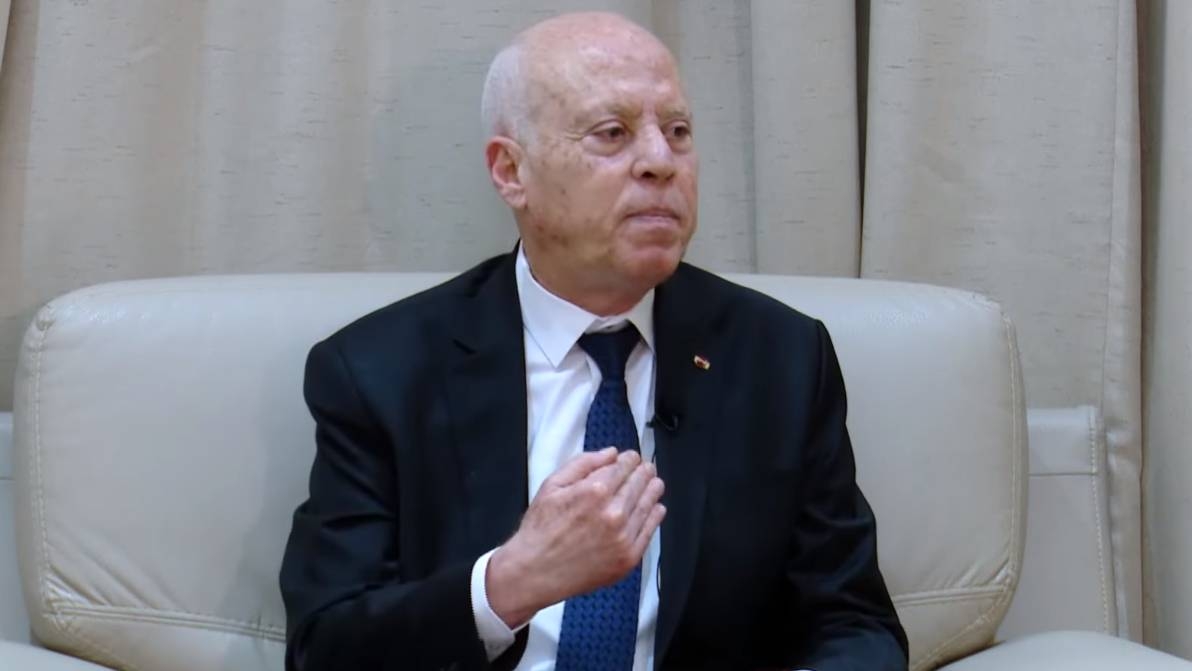
Tunisia's President Kais Saied has accused the opposition of spreading fires and weakening the state after allegations that he plans to dissolve political parties and imprison political leaders.
During a speech at the Ministry of Interior on Thursday evening, Saied said that "it's necessary to confront the enemies of the homeland and those who want to destroy and fragment our state".
He alluded to the National Salvation Front, formed last month by veteran opposition figure Ahmed Nejib Chebbi, saying that "Tunisia would love to be salvaged from them" and blaming them for spreading rumours.
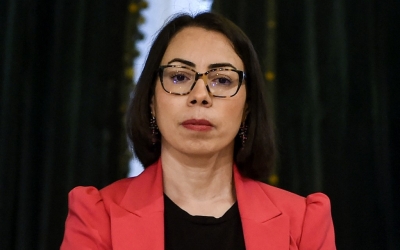
"There are those who do not want a referendum or elections but rather want to fall into the arms of the outside and burn the state and its institutions," Saied added.
The president was referring to multiple fires that have hit the country's bazaars, factories and agricultural fields in the city of Gabes and near a port in Sfax.
The reasons for the fires, which started last week, remain unclear. However, Tunisians were dismayed by the slow reaction from the fire brigades and emergency services, with the fires adding to already rising prices of goods and food.
Saied accused his rivals of starting the fires, saying on Thursday that "what is happening now is a desperate attempt to burn the country, and everyone who organised the fires must be prosecuted".
He used derogatory language, pledging that his administration would not hold a dialogue with "those who sold themselves in the slave market" and promising to prosecute them.
Dissolving parties
Saied's speech came hours after Chebbi, the founder of the National Salvation Front, had warned in a media conference that the Tunisian premier was "attempting to dissolve the parties and put their leaders in prison".
Chebbi said such a move "will be terrible" and warned that Saied and his supporters were inciting opposition to the parties that make up the Salvation Front, including Ennahda, the Dignity Coalition and Qalb Tounes.
Issam Bargougui, a Tunisian MP, told Middle East Eye that the attempt to dissolve the political parties was planned for the first day of Eid al-Fitr, on Monday.
"This plan mainly targets the Ennahda, the Dignity Coalition and Qalb Tounes to break the alliance between them. It might extend to other, smaller parties," he said. MEE could not independently verify the claims.
Ennahda has 54 members in the 217-seat parliament, which Saied dissolved in March. The Dignity Coalition and Qalb Tounes have 19 and 27 respectively.
'Tunisians are scared to talk about politics on the phone'
- Issam Bargougui, MP
Since July, Saied, a former law professor elected as president in 2019, has consolidated his powers to rule and legislate by decree, seizing control of the judiciary in Tunisia.
However, Bargougui said that Tunisians who supported Saied or did not have a say about his power grab have started to wake up, in a country suffering a financial crisis and political deadlock.
"People are listening more to the opposition figures. By dissolving the parties, Saied will make sure that the political initiative will not be transformed into a popular movement on the ground, led by people. He wants to block the road on such a scenario," Bargougui told MEE.
He added that the spread of fear reminds Tunisians of the era of former president Zine El Abidine Ben Ali, who was ousted by a popular uprising in 2011.
"Tunisians are scared to talk about politics on the phone or mention the president's name," he said.
Saied had vowed on Thursday to intensify security around agriculture fields.
Over the weekend, allegations of splits in his team intensified when alleged audio recordings of his ex-chief of staff, Nadia Akacha, warned about the president's "grave psychological" condition.
Saied's "end will be very dire, because he is sick and does not want to admit his illness, and insists on that", a person believed to be Akacha was heard as saying.
On Thursday, a Tunisian prosecutor opened an investigation into the leaked recordings.
Middle East Eye delivers independent and unrivalled coverage and analysis of the Middle East, North Africa and beyond. To learn more about republishing this content and the associated fees, please fill out this form. More about MEE can be found here.


